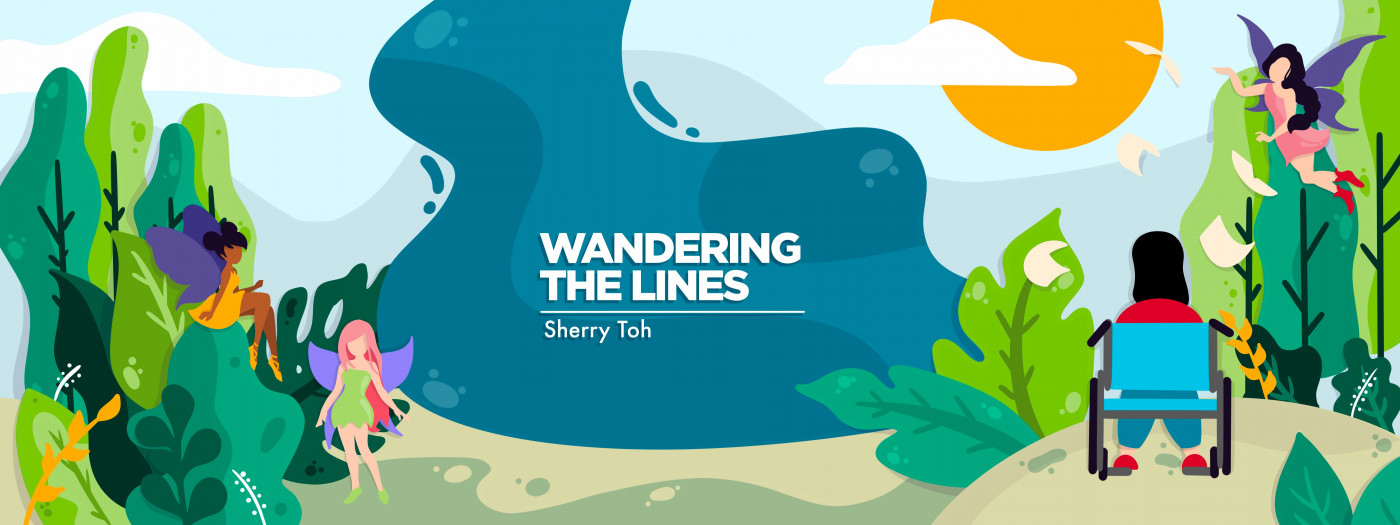Bridging Townsfolk: Twitter’s Impact on the Disability Community
Columnist Sherry Toh questions what the future holds for Twitter users
Written by |

Since billionaire Elon Musk bought Twitter in late October, I’ve stumbled into the role of being my family’s resident reporter about all things related to the site.
It started when Musk gutted entire essential teams with a mass layoff. Then a new verification system allowed people to impersonate public figures and companies, causing considerable losses in stock values and forcing some to pull their advertising from the site. Key executives resigned or were laid off en masse, and Musk claimed Twitter could soon face bankruptcy. All of this prompted users to contemplate whether or not to leave Twitter once and for all.
I’m not sure I even like Twitter. I’m ambivalent about it. Actual experts better educated on the subject than I am have noted the site’s adverse effects on mental health and even democracy. As a user, what I’ve witnessed makes me inclined to agree with them. On occasion, it has brought out the worst in me and made me lose hope in humanity more than a few times. When my best friend and fellow columnist Brianna Albers told me she recently deleted the app, I was happy for her.
So why stick around and write a column about Twitter’s potential ruin? Is it the entertainment value? Am I a masochist? Or am I just addicted like everyone else?
An important tool
Half of it is that Twitter is necessary for my job. It’s how I keep up with the world and find opportunities as a freelance writer and disability advocate. The other half is that Twitter was the bridge that helped me meet some pretty cool people in accessibility and disability advocacy communities.
One of those people is James Berg, who in speaking to Slate about Twitter’s role in creating support networks for the disabled, revealed that Twitter interactions helped him realize he had attention-deficit/hyperactivity disorder.
As it happens, Berg was part of the accessibility effort for “Dragon Age: Inquisition,” one of my favorite video games and one of the first things that pushed me toward games journalism. But I didn’t know of him until he followed me one day. Because of Twitter, I got to know his name, learn more about his work as a senior accessibility researcher, and thank him for the impact he’s unknowingly had on my life.
To have the chance to thank creatives whose projects have played pivotal roles in your life is such a rare thing. God knows how much I want the chance to thank Taylor Swift, Lin-Manuel Miranda, and John Green for the influence they’ve had on my writing and worldview. Getting to thank Berg was one of the highlights of my time on Twitter.
Other highlights include meeting fellow disabled games journalists Grant Stoner and Antonio I. Martinez, who live with SMA types 2 and 3, respectively. When we first began interacting, Stoner and I were amazed that it was our first time meeting another journalist with SMA. Martinez and I, both battling to be treated with disease-modifying treatments for SMA, found that we had someone in our corner who knew the specific pain of being denied treatment.
These interactions never would’ve happened without that infuriating bluebird website. It’s saddening to think of all the potential connections I haven’t made yet vanishing just like that. All the people I’ll never meet, all the stories we’ll never tell.
Berg said it best in his interview with Slate: “I lack the eloquence to even convey how much the community here means to us. Not just as a way to learn and share, but as a support network.”
Migration season in Twitter town
A few days ago, my brother asked me if anything could replace Twitter. People had already started proposing alternatives — Mastodon, Cohost, Tumblr. But my reply was that nothing could replace it.
What Musk and many others miss is that Twitter isn’t valuable because of its features. It’s valuable because of the people there, both the staff and the users.
To borrow Musk’s own “town square” metaphor: Once the townsfolk scatter and migrate elsewhere, it won’t matter how many trees you plant, if you replace the dusty tiles, or whether you sell fancy verification badges for $8. The primary reason to show up will be gone, and the square’s value will be dust. Twitter as we know it will be dead.
As for myself, I’ll be staying on Twitter for as long as my mutuals do; they’re the part that I know I like. But that doesn’t mean I’m not prepared for the platform’s potential demise. Should you wish to follow me on social media still, I’m @sherlisass on Tumblr.
Note: SMA News Today is strictly a news and information website about the disease. It does not provide medical advice, diagnosis, or treatment. This content is not intended to be a substitute for professional medical advice, diagnosis, or treatment. Always seek the advice of your physician or other qualified health provider with any questions you may have regarding a medical condition. Never disregard professional medical advice or delay in seeking it because of something you have read on this website. The opinions expressed in this column are not those of SMA News Today or its parent company, Bionews, and are intended to spark discussion about issues pertaining to spinal muscular atrophy.





Leave a comment
Fill in the required fields to post. Your email address will not be published.